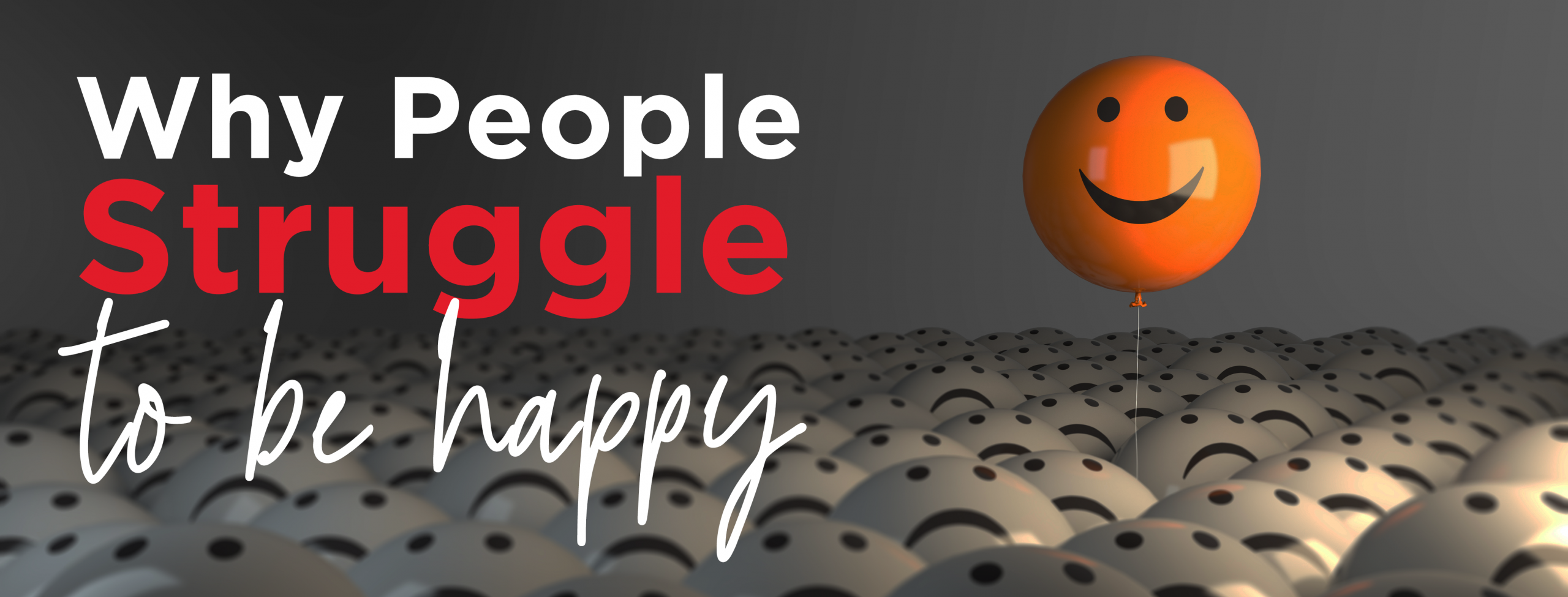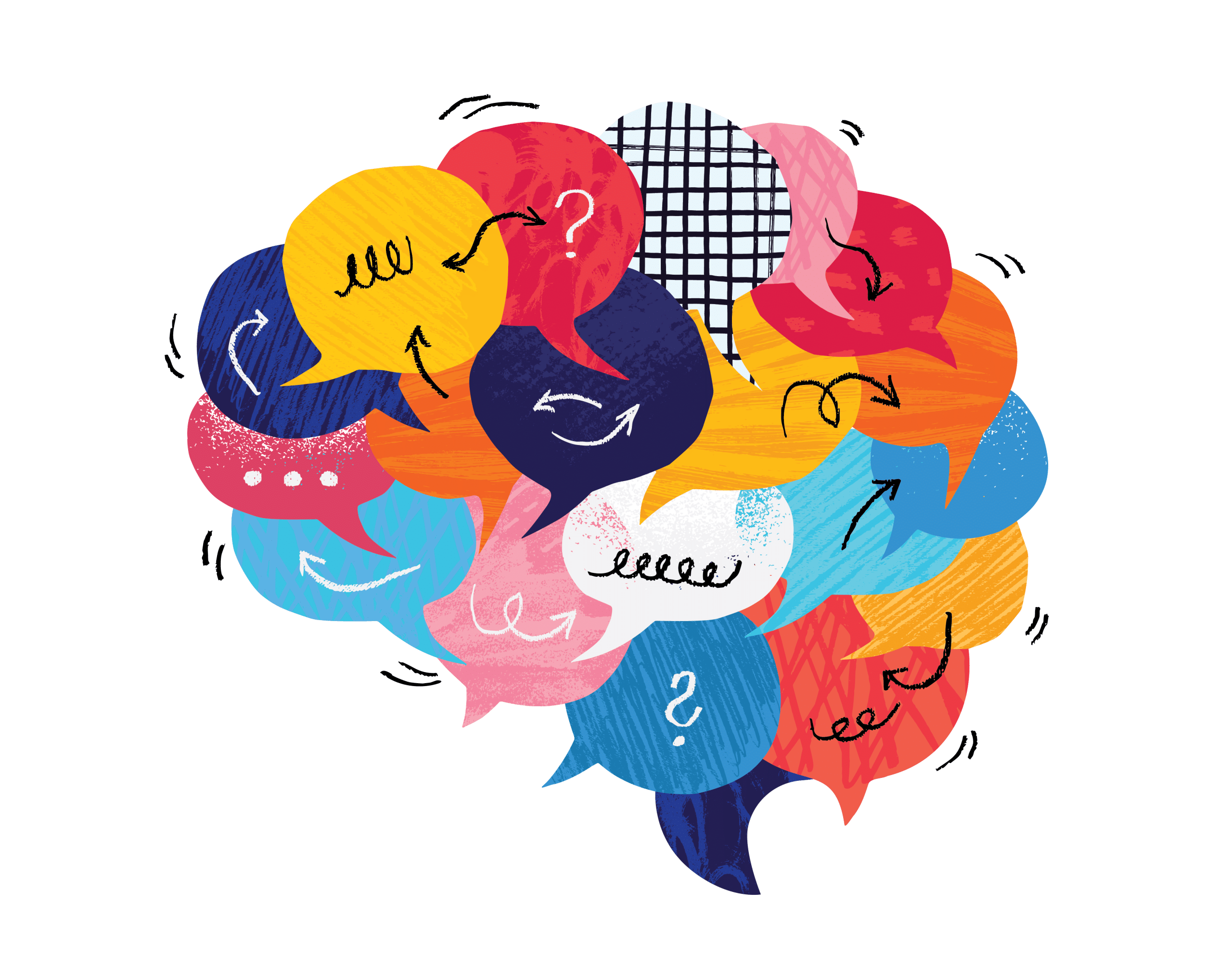People struggle to be happy.
One of my friends is always happy. She sings, smiles, and brings joy to everyone around her.
Another friend is consistently a grump. His glass of life is half empty, from morning to night.
Why people struggle to be happy
Why are some people consistently unhappy? They can’t seem to laugh, even while watching a rerun of Seinfeld.
The reason could be physiological. It’s called evoked potential, and was first measured when a six-year-old boy was connected to electrodes so his brain could be shocked in front of his dad’s college classroom.
The boy’s name was Shawn Achor, and he volunteered to do it. Not to help his dad measure his evoked potential, but Sean wanted to impress his babysitter, a coed in the class.
It was a shocking experience for Shawn. Dad screwed up, forgetting to ground the main wire. “It was like I stuck my brain in a light socket,” Shawn recalls in his book, “Before Happiness.”
Happiness is higher evoked potential
So what is evoked potential?
It’s the amount of electrical energy the brain produces in response to the stimuli around us. People with more brain electricity have higher evoked potential. Higher evoked potential causes us to get happy more easily, and to experience happiness at a higher level.
For example, when two people are exposed to a “happy stimulus” like ice cream, they may interpret it at different levels. The person with lower evoked potential might simply enjoy the taste. The person with higher evoked potential might simultaneously savor the smell, experience a quick burst of sweetness, feel the richness of cream on the tongue, and recall fond memories eating ice cream as a kid.
Like me, you have probably been frustrated trying to help people you care about be happy. Perhaps the sad truth is we can’t make people happy who are inherently not.
Or maybe we can. We could just give them a big, long kiss to add electricity to their brain.












